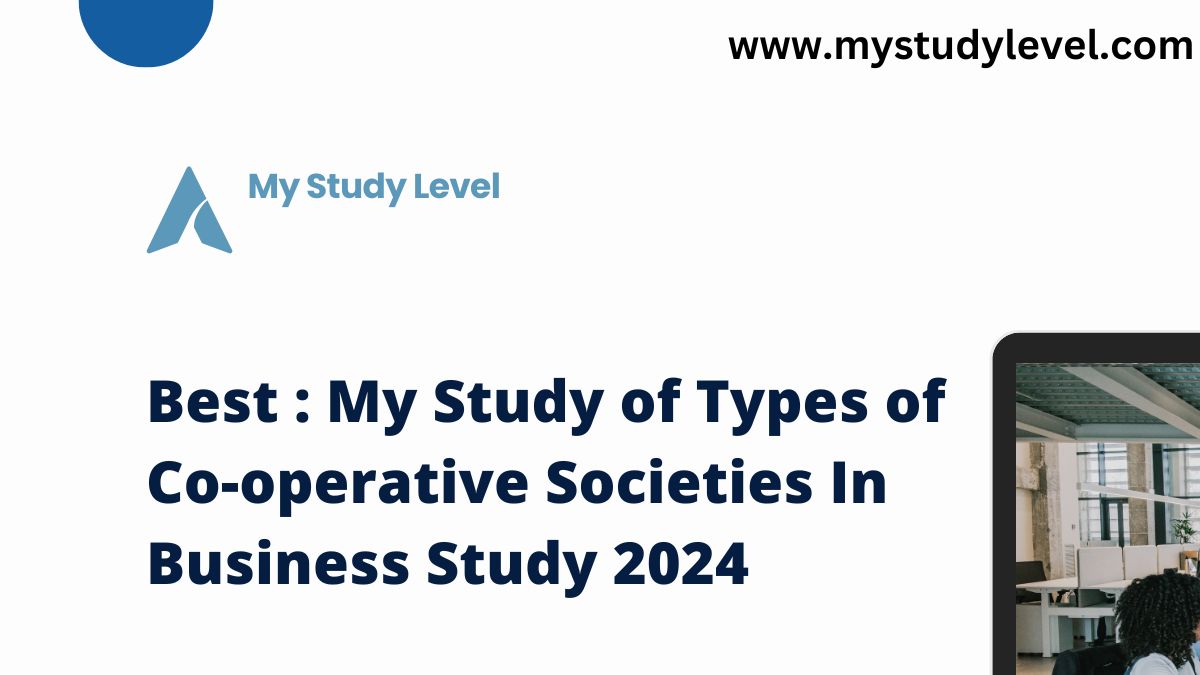There seems to be a lot of confusion and a plain lack of awareness of what Personnel/Human Management is and how it can contribute to an organisation. To clear this confusion, we must go through the historic origins of personnel management followed by the evolution of the concept of HRM in India.
Modern personnel management has explained as follows:
The Industrial Revolution: The industrial was characterized by rapid technological change and increased specialization. The place of work shifted from residence to factory and the employers lost personal touch with their employees. Specialization increased speed and efficiency but left workers with boring, dull and monotonous jobs. Workers were treated like ‘glorified machine tools’. Employees were keen to meet production targets rather than satisfy workers demands. Due to the then prevailing political philosophy of ‘Laissez Faire,’ government did very little to protect the interest of the workers.
Trade unionism: As a consequence of industrial revolution, workers’ joined hands to protect themselves against the exploitative tendencies of employees and the prohibitive, unfair labour practices through unions. The basic philosophy underlying trade unionism as that through collective bargaining the management could be forced to redress their grievances’. Union tried to improve the lot of workers through collective bargaining, resolving the grievances of workers relating to working conditions, pay and benefits, disciplinary actions etc.
Scientific Management: To improve efficiency and speed, F.W. Taylor advocated scientific management consists of the following:
Scientific management had a great influence management, particularly on employer-employee relations. It led to professionalization of management. But critics of scientific management pointed out that focus was force on technology and not on human factor in industry.
Human Relations Movement
Hawthorne experiments conducted by Elton Mayo and his Harvard colleagues during 1930s and 1940s and subsequent research focus. It was suggested that inter-personal relations should be improved to realize full potential of individuals and groups. This movement was also influenced by the growing strength of unions during the late 1930s and 1940s.
Human Resource Approach
This behavioral science era led to the development of new techniques of motivation and leaderships. Abraham Maslow, Douglas McGregor, Frederick Herzberg, Rensis Likert and other made significant contribute ions to the development of the behavioral science approach to the study of management. This approach has developed a useful way of thinking, about the role of the manager, the nature of organisations and the behavior of an individual within an organisation.
Personnel Specialist and Employee Welfare
With the down of welfare era, the scope of personnel management increased. It began to manage employee benefit programmed and industrial relations system in industry.












Leave a Reply